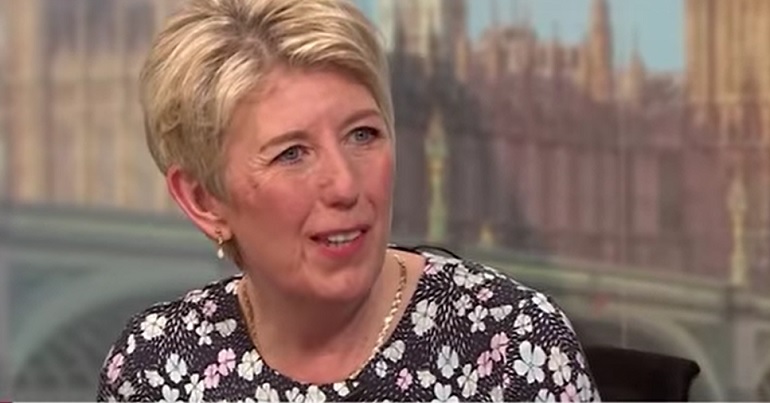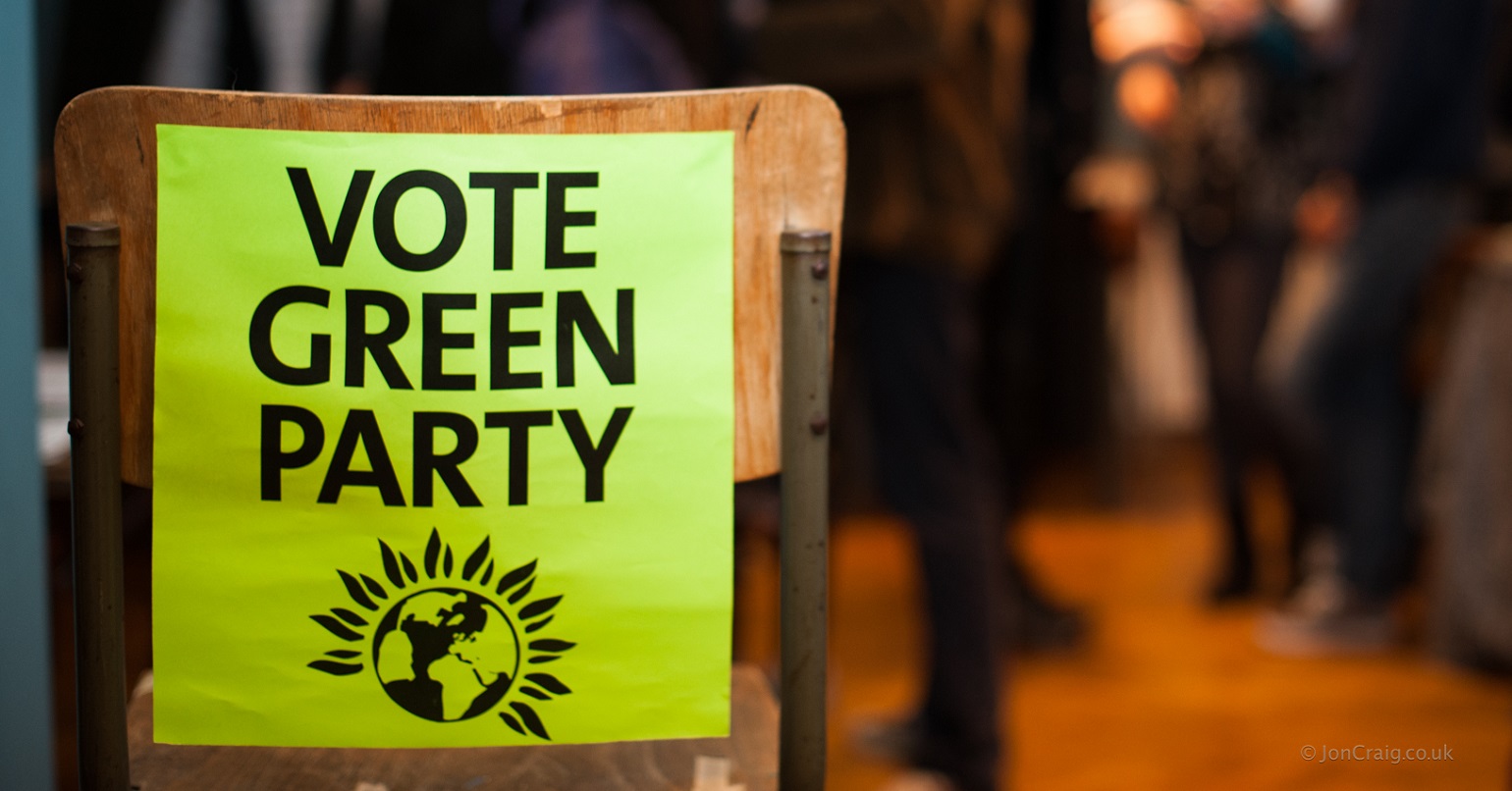International development should work for people, not profit

The UK has consistently ranked as one of the world’s largest aid donors, and we should be proud of that fact. In 2015, when in government, the Liberal Democrats made the 0.7% international aid budget a legal reality, ensuring vulnerable people in the poorest countries of the world receive the support they need. It was an incredibly progressive step that we should be proud of.
However, the aid budget has been increasingly under attack from senior Conservatives. Transparency and accountability are crucial if we are to leave no one behind. A Liberal Democrat government would make certain this is prioritised in international development policy. Good and effective ODA spending, institutional structures, and international partnerships are key.
Former International Development Secretary and current Home Secretary, Priti Patel, breached protocol to have an undocumented meeting with the Israeli Prime Minister suggesting that part of the aid budget could be used to fund Israeli soldiers performing humanitarian work in the Palestinian Occupied Territories. She was forced to resign in the most humiliating of circumstances having been summoned to return from a trip to Africa.
Earlier this year, current Prime Minister, Boris Johnson, endorsed a paper calling for the Overseas Aid budget to undergo extensive, multi-billion-pound cuts and for DFID to be closed down. The paper failed to value the instrumental role this budget has played in ensuring sustainable development.
Add to this that UK ODA is increasingly being spent outside DFID. In a report released earlier this year, the Independent Commission for Aid Impact found that Conservative governments since 2015 have used the “aid programme to pursue UK national interests”. It called for a focus “on building long-term opportunities, rather than securing short-term advantage”. Aid should first and foremost be about transforming people’s lives, not posturing, profit margins and box-ticking.
The Conservative-proposed Ayrton Fund to help create new technology to assist in the response to the climate emergency raises serious questions of transparency and accountability. The Ayrton Fund will take money out of the ODA budget that should be used to alleviate poverty in the poorest countries of the world and spending it instead in UK institutions is deplorable. This is money which should be deployed directly in developing countries. It appears to be modelled on the much-criticised Newton Fund. International Development Secretary Alok Sharma’s August announcement of a new Infrastructure Commission to help make investment in infrastructure in developing countries more attractive to businesses also encounters similar problems. The Infrastructure Commission could be a vehicle to raise the amount of development assistance developing countries need from the billions to the trillions but we have little faith that this government will adhere to the relentless focus on pro-poor projects that will be needed. Neither initiative has a website and no great detail has been provided regarding the procedures according to which they will operate. A Liberal Democrat government would ensure oversight over all international development spending.
The work of an independent DFID has established the UK as a leader on aid and development. However, this is now under threat by proposals for a possible merger with the FCO. This would leave the UK less outward-looking during a period when real leadership is needed in the international community. If we are to meet the ambitions of this coming “Decade of Delivery” of the Sustainable Development Goals, the expertise and commitment that lies within DFID must not be dispersed and diluted. It is also questionable as to whether that would increase efficiency of spending. Transparency International’s evaluation of government departments’ spending ranks DFID as good and the FCO as poor. Merging departments is also a very costly exercise. The Institute for Government estimates Whitehall reorganisation can take over two years and direct costs exceed £15 million. DFID must remain an autonomous department run by a Secretary of State with permanent Cabinet representation.
UK-EU cooperation on international development must continue. The best way for this to happen is for the UK to remain an EU member state. Brexit has created major uncertainty about what arrangements would be after 2020. The EU is due to release its 2021-2027 budget with a new Neighbourhood, Development and International Cooperation Instrument (NDICI). The instrument is designed to channel the biggest share of external action funds, with a budget of €89.2 billion. It will be the EU’s main tool to contribute to eradicating poverty and promoting sustainable development, prosperity, peace and stability. As a non-member state, the UK would most likely not be part of this. As the European Centre for Development Policy Management has confirmed, “under any [Brexit] scenario, UK and EU aid will be affected”.
UK international development NGOs face a very high degree of uncertainty due to Brexit. Due to losses caused by Brexit uncertainty, the major charity Christian Aid has decided to close more than a quarter of its country offices and roll back programmes elsewhere. The declining value of the pound and uncertainty around future funding led to the decision, confirmed the charity’s Head of Programme Development and Funding Dominic Brain.
By stopping Brexit, Liberal Democrats would facilitate a Remain Bonus – the economy being comparatively better, our 0.7% commitment will be worth more. Labour and the Conservatives are Brexit parties, which will cost the UK in terms of lost GDP as per IFS estimates. In doing this, we are effectively committed to spending more on aid than Labour and the Conservatives. By 2024/25 we would be spending £993 million more on aid.
Liberal Democrats are internationalists – we understand that the best way forward for international development requires strong partnerships with European and international partners. We are determined that Britain’s voice on the global stage will remain undiminished.
Angela Smith is the Liberal Democrats’ international development spokesperson and has been an MP from 2005-2019.
With the UK now set for a General Election on December 12, Bright Green is publishing a series of articles from progressive party spokespeople on how their policies would transform the country. This article is part of that series – all articles can be found here.
Header image credit – YouTube screengrab




Leave a Reply